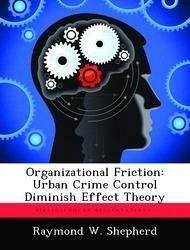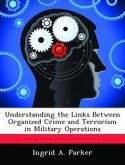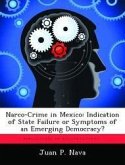In the early 1990s the Belize Defence Force (BDF) was instructed to provide manpower support to the Belize Police Department's (BPD) crime control efforts in Belize City. This resulted in a drastic reduction in criminal activity; followed by a gradual resurgence that surpassed the pre-combined era, both in quantity and severity. This study explores the diminishing crime control effect of BPD and the BDF in Belize City with a view to determine whether the BDF should continue to provide manpower support to the BPD. The research methodology is a qualitative narrative with a descriptive research design that embodies theory development from a phenomenological approach. The data collection strategy is a triangulation of a survey, interviews, and opinion polls. The research concludes that not only is the protracted military manpower support to the BPD an ineffective one, but it is also a contributing factor to the quantity and severity of crimes being committed in Belize; as well as the attrition of the crime control competency of both organizations. Findings of the study were applied to the development of a theory and an accompanying model, titled, the Urban Crime Control Diminish Effect Theory.
Hinweis: Dieser Artikel kann nur an eine deutsche Lieferadresse ausgeliefert werden.
Hinweis: Dieser Artikel kann nur an eine deutsche Lieferadresse ausgeliefert werden.








